China is a nation and culture that we would all do well to learn more about. It is a nation on the rise, and will almost certainly overtake America in terms of its economic weight in the near future. For now, the softer side of diplomacy and cultural influence remains with the west: Hollywood vastly outperforms the Chinese film industry globally, and when was the last time you read a book by a Chinese author? But that, too, will start to shift, as China deepens its relationships with its trading partners and demand for Chinese stories, art, and cultural experiences grows.
Of course, you can’t have a conversation about China without also considering the other side of the nation. The human rights record. The censorship of its people and media by the authoritarian government. The hostility and oppositional relationship with the west. But too often that is the only conversation that we have with regards to China, and that’s part of the problem. Western culture is terrified of China because the west only knows of the belligerence and shallow reporting on the nation. It is incumbent upon us all to do better and understand the nation and culture more. In doing so we will have a better understanding of what it does today.
The problem with trying to learn more about China is that it’s an ancient culture. You can trace Chinese culture back some 4,000 years, and indeed that is so far back that the very first Chinese nation and leaders are largely lost to history. We know they existed, but we won’t ever know that much more about them. Not from quality information sources, at any rate.
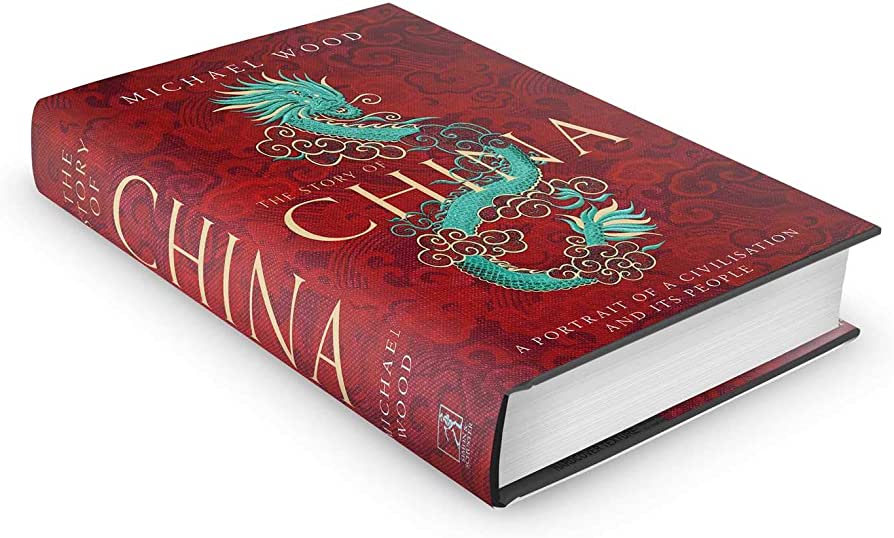
The Story of China is anything but a dry read – Wood didn’t become the acclaimed historian he is by writing dry textbooks for university students – and the storytelling style of the book really helps you visualise events and scenes. Wood pulls sources from both anecdotes and official documentation, citing letters from families, stories from silk road merchants, court documents and the chronicles commissioned by various leaders over time. For people who might have an interest in the older eras of Chinese history (perhaps you’ve read Romance of the Three Kingdoms, or enjoyed a Dynasty Warriors game), then this book will add additional social, political and cultural context to those events, and your appreciation of those characters, events, and conflicts will be much deeper for it.
It doesn’t just cover the ancient and medieval histories, either. The book covers the Boxer Rebellion, the feminist movements in the 19th and 20th centuries, the Japanese invasion, and, of course, the rise of Chairman Mao, the Great Famine, Tiananmen Square, and the law of today’s Xi Jinping. The book explains the role the west has had in shaping modern China, and why China, now again in the ascendant, believes that by rights, it has a claim to its world position.
One of the things that fascinates me about China – and has fascinated me about all my reading on Japan over the years, too – is the difference in perspective and identity that thousands of years of unique cultural history can create.. Australia, in its current form, is only a couple of hundred years old. The Aboriginal people are the oldest surviving continual culture in the world, but their culture doesn’t play much into this modern Australian culture (as unfortunate as it is), so for all intents and purposes, we don’t have to grapple with the heresay over who our nation’s first leaders were.
We haven’t had the time to build a vast list of global wonders. We haven’t had the chance to transfer generational knowledge about Australian identity, nor have we produced philosophers like Mozi or Confucius that have shaped our identity and how we, as a collective, look at the world.
America and Canada are much the same, of course. The native peoples there have had long cultures and histories, but what we identify as America and Canada now is new. Of all the major influences on Australian culture, the UK’s the one that stands out as having an ancient existence, but even there it’s a nation that has been conquered and reconquered, and China was a civilised place of thought when barbarian tribes that no longer exist as cultures were rolling around with one another for dominance in England.
So as an outsider with a very different cultural upbringing and centre looking into China (and Japan) I can see the influence of thousands of years of heritage playing out in the Chinese outlook on the world today. You can see the cultural pride that would lead the Chinese to believe that, after hundreds of years of being exploited for the benefit of the west, enough is enough and it’s time for them to take the respect they believe they deserve. China today isn’t an overly religious place (mostly because of government controls), but you can see how thousands of years of theological philosophy from one of the more peaceful religions (Buddhism) has given the Chinese a different outlook and response to global events than the religions “of the book” (i.e., Christianity, Islam, Judaism).
In short, by understanding that events that happened in China 2,000, 3,000 and even 4,000 years ago have directly led to the Chinese way of seeing the world today, you can have a different perspective on the behaviour of the nation. Too often we assume that China is behaving as America would, and that’s a limited understanding of things.
Again, of course, none of this is to suggest that out of our own self-interest we should not be aware and cautious of China’s actions. However, the more we understand the motivations, context, and culture, the better placed we are to separate the lies from the truth with one of the most complex nations of all. Michael Wood’s book is an excellent place to start.
Please note: This article was originally published in the April 2022 edition of the Dee Dee Zine. As we are no longer publishing that magazine, we have re-published the article here for posterity.
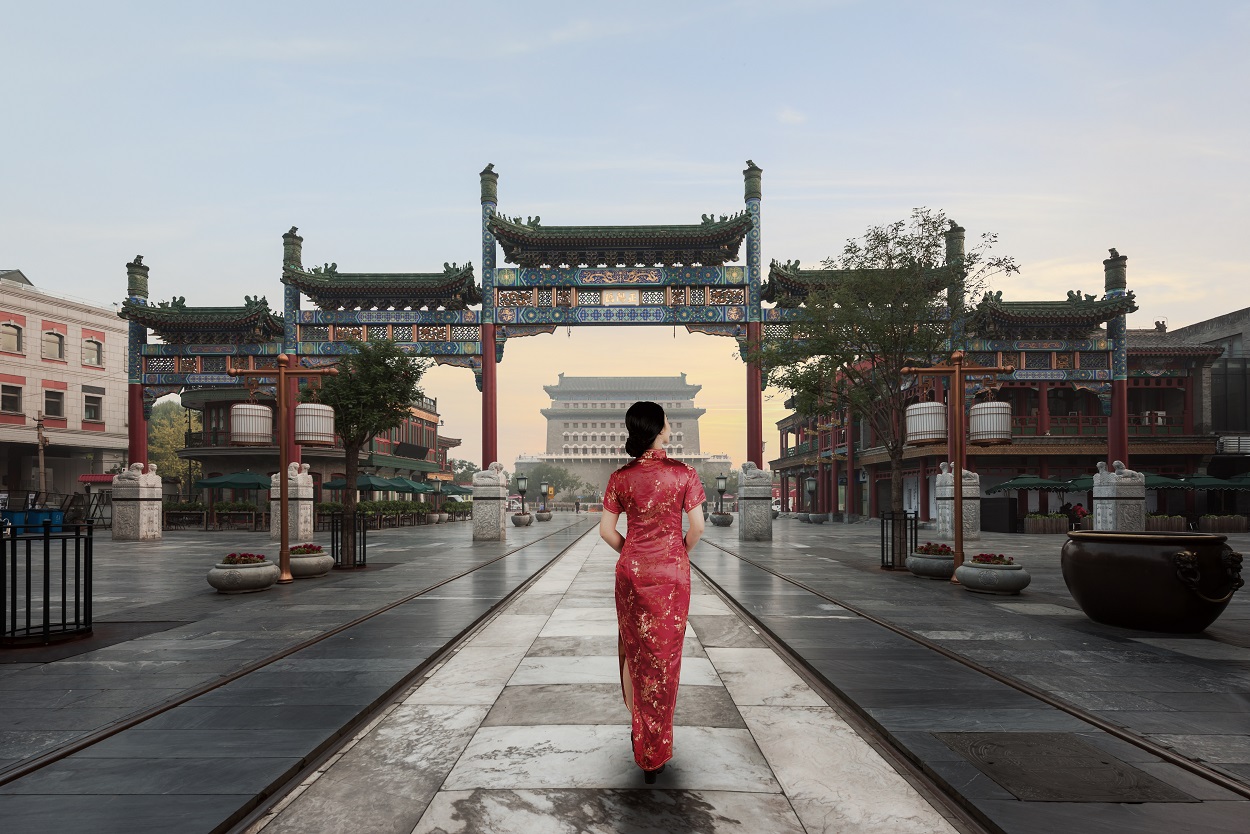


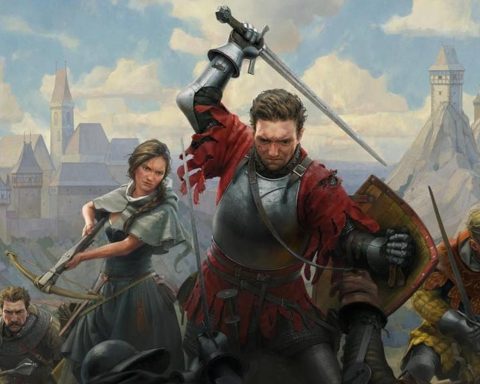

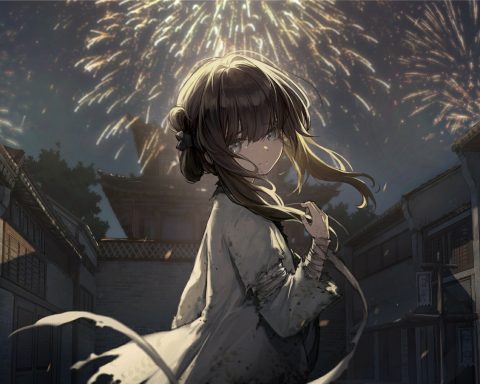
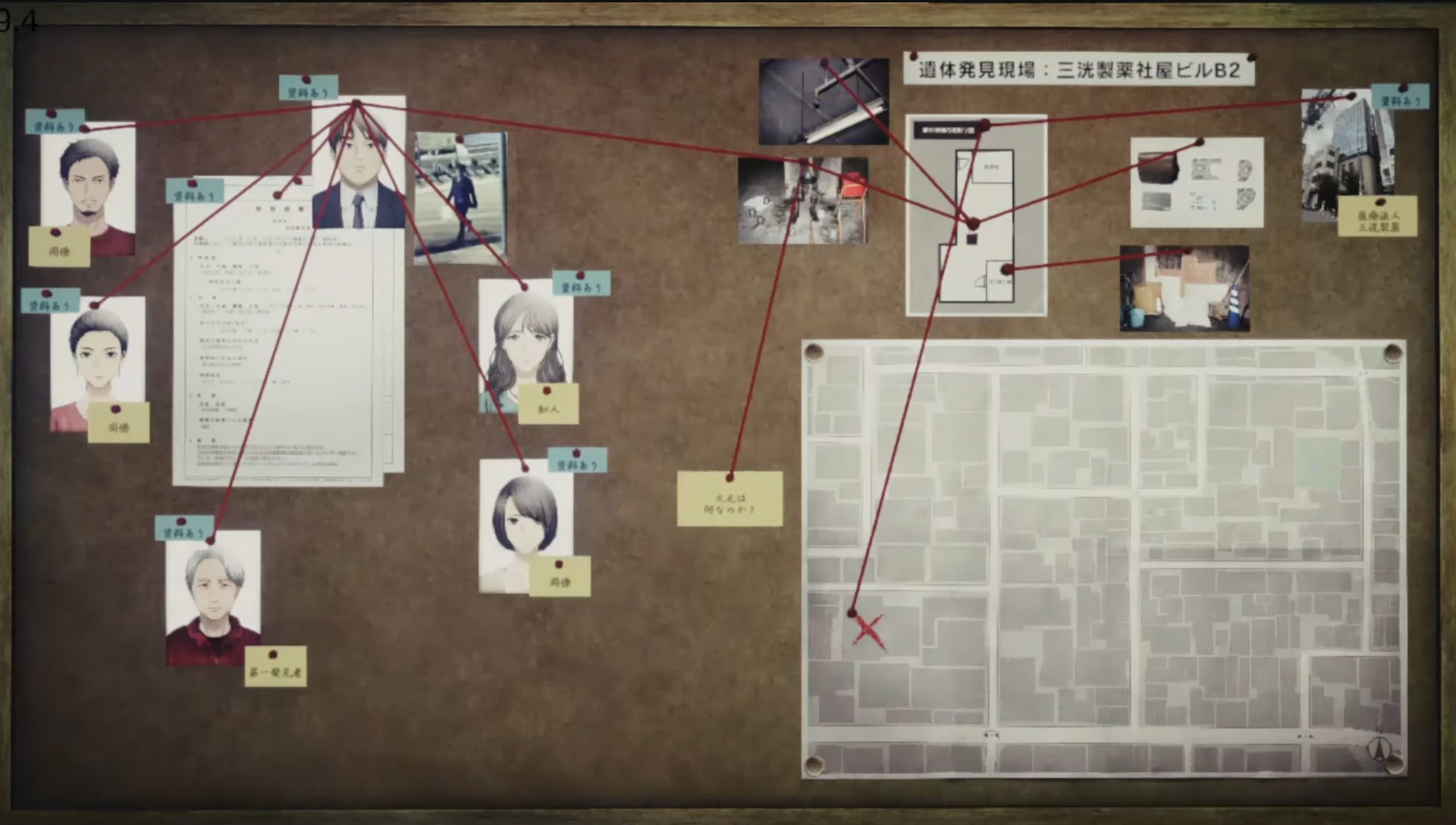






One of the most important reasons we should learn about China is because if we do not make an effort ourselves, the only contact with China will be through anti-China propaganda spewed by mainstream media. And due to the form of racism called orientalism, we tend to believe almost anything.
Seeking other forms of knowledge, help to protect us from being useful idiots in the ideological aspect of this new cold war against china.
Aye. It’s unfortunate. We shouldn’t be forced to take total responsibility for learning about China. But we are, so it is important to actively go and seek sources.
I think navigating propaganda, bad journalism and finding the truth beneath the noise is a very big theme of this day and age. So I appreciate this recommendation a lot 🙂